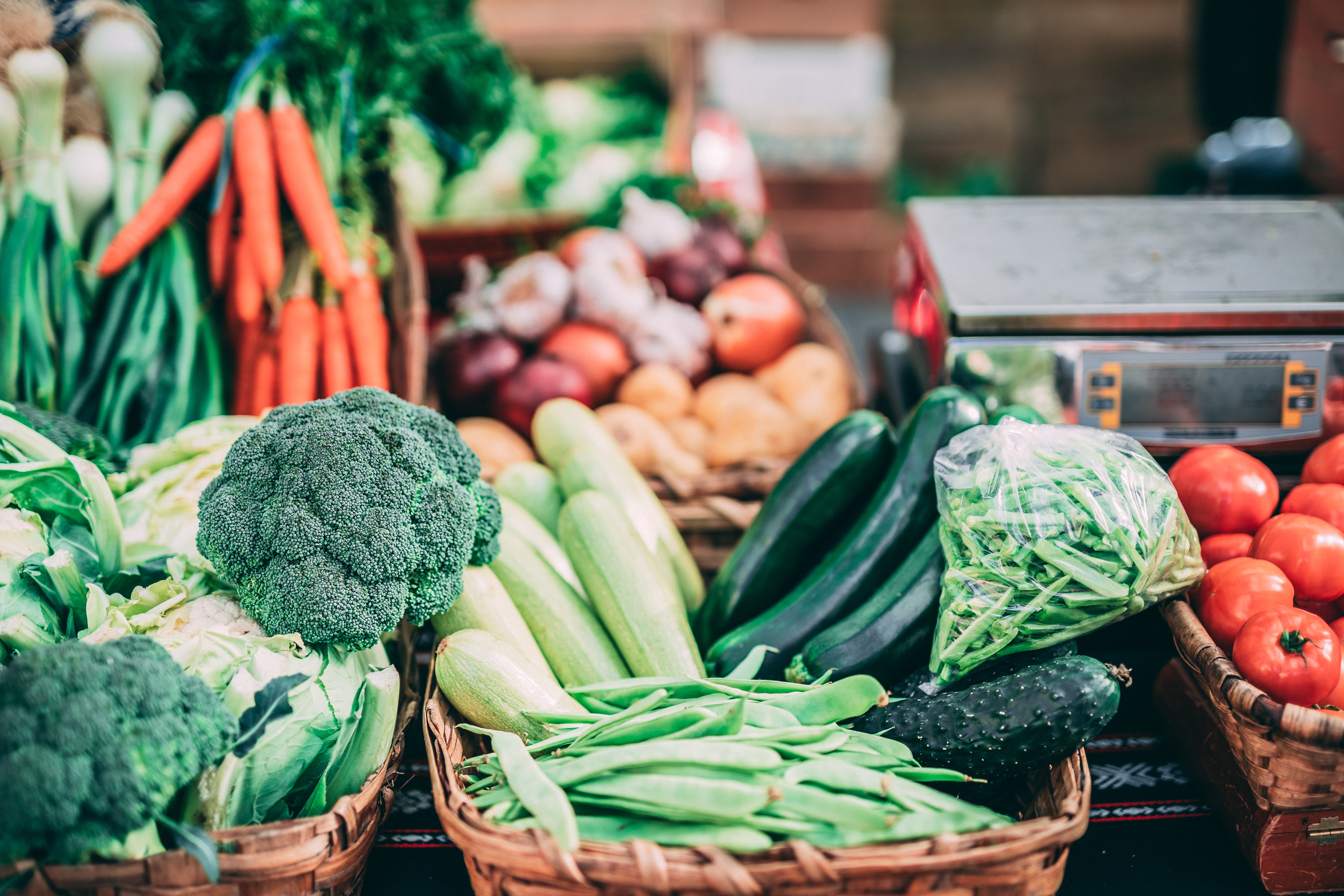'Paano naman ang gulay?': Romualdez vows to make vegetables affordable to Pinoys
At A Glance
- House Speaker Martin Romualdez wants Filipinos to have affordable, nutritious vegetables to go with their purchase of affordable rice.
 (Unsplash)
(Unsplash)
House Speaker Martin Romualdez wants Filipinos to have affordable, nutritious vegetables to go with their purchase of affordable rice.
Romualdez, who has consistently emphasized that reducing food costs is a top national priority, has stressed Sunday, March 2 that addressing rising vegetable prices is crucial to ensuring food security for all.
“Hindi lang bigas ang dapat nating tutukan—paano naman ang gulay? Araw-araw na pangangailangan ito ng bawat pamilyang Pilipino. Kailangan nating tiyakin na may sapat, abot-kaya, at masustansiyang pagkain sa hapag-kainan ng bawat Pilipino,” said the leader of the 306-member House of Representatives.
(We shouldn't solely focus on rice--how about vegetables? This is a daily need of the Filipino family.we need to ensure that there is ample, affordable, and nutritious food on the tables of every Filipino.)
Recent data from the Philippine Statistics Authority (PSA) highlights the volatility of vegetable prices. In February 2025, the average retail price of tomatoes stood at ₱109.94 per kilogram, down from ₱158.67 in late January. However, red onion prices rose to ₱162.69 per kilogram from ₱153.70, while calamansi increased to ₱86.63 per kilogram from ₱81.61.
These fluctuations put additional strain on household budgets, especially for low-income families who rely on vegetables as a major part of their diet, said the leader of the 306-strong House.
The Speaker identified the root causes of high vegetable prices as poor agricultural infrastructure, inefficient farm-to-market transport, and the lack of post-harvest facilities, among others.
Romualdez reiterated that investing in agricultural infrastructure was key to pulling down vegetable prices. He cited ongoing efforts by the Department of Agriculture (DA) to improve farm-to-market roads and storage facilities, which could help minimize post-harvest losses and stabilize supply.
The Leyte 1st district congressman also stressed the importance of ensuring that locally produced vegetables reach markets efficiently to prevent dependence on costly imports.
“Kailangan nating palakasin ang ating sariling ani. Kung puro imported na gulay ang ibabaha sa merkado, paano naman ang ating mga magsasaka? Ang solusyon ay hindi puro pag-aangkat, kundi pagpapalakas ng ating sariling produksyon,” he said.
(We need to improve our local harvest. If imported vegetables flood the market, then what would become of our farmers? The solution is not to rely on importation, but to strengthen our local production.)
Beyond infrastructure, he pushed for greater investment in modernizing farming techniques to boost local vegetable yields. This includes expanded access to high-quality seeds, fertilizer subsidies, and financial assistance for small farmers.
The lawyer-legislator from Visayas also called for stricter price monitoring and regulation to ensure fair farmgate prices for both farmers and consumers.
As part of long-term solutions, he urged stronger collaboration among government agencies, local government units, and the private sector to develop a sustainable food pricing system.
He called on the National Price Coordinating Council (NPCC) and the DA to conduct regular policy reviews to ensure effective interventions in stabilizing vegetable prices.
“Hindi natin ito puwedeng iwanan sa merkado nang walang malinaw na plano. Mula sa pagtatanim hanggang sa bentahan sa palengke, dapat may tamang regulasyon,” he emphasized.
(We cannot leave everything to the market if we don't have a plan. From the sowing of seeds to selling produce in the market, the proper regulations must be observed.)
The Speaker reaffirmed his commitment to passing legislative measures that institutionalize long-term solutions to food inflation.
These include improved land use policies for vegetable farming, incentives for agricultural cooperatives, and stricter oversight on food supply chain disruptions, according to Speaker Romualdez.